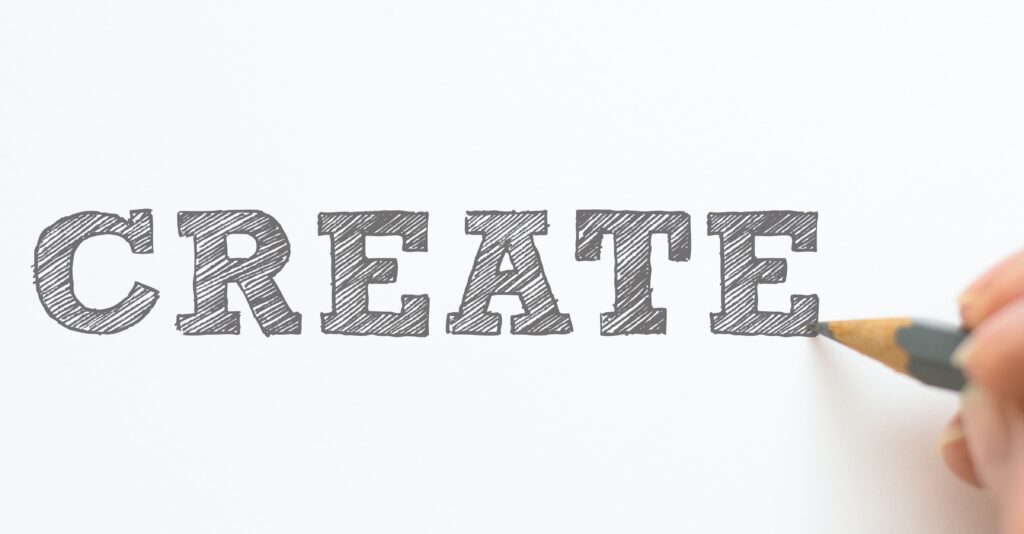
Growth Mindset
Please try to answer each of the following five mindset questions truthfully, ideally pausing to think before you move on the next one.
Are you someone who considers themselves to be good with numbers but not very artistic (or vice versa)?
How early in your life did you come to this conclusion about strengths and weaknesses?
Was it a conclusion somebody else reached and you accepted as the truth?
Let’s suppose there was a 1-10 (low to high) scale of proficiency. Would you give yourself a score of less than 5 for the subject you think you are weak in?
Would the idea of using some effort to learn and improve (double?) your proficiency be daunting or something to enthuse over?
***
Beliefs
These questions were all really about your beliefs. It turns out that beliefs can have an important impact on our attainment. Before we explore this a bit further, try to think back to how you felt when you answered the second question about strengths and weaknesses. Did you feel good if the assessment occurred early in life or bad that it was relatively late in life?
On the third question, were you happy that someone with the right level of authority told you this as soon as possible or sad that actually your whole view of your proficiency in one area is governed by one opinion? If it’s the latter, what are you going to do about it?
A belief that one is not good at X (this could be maths, writing, music, painting etc.) is a limiting belief if it results in reduced effort that then inhibits improvement. Such a limiting belief may arise from a key point in life e.g. you are given a failing grade in a critical exam and thus you conclude that you do not have the requisite talent to succeed in this area. A related action as indicated earlier is that you may stop trying subsequently as you conclude: “what is the point of trying and failing again when I know that I am just bad at this?”
There are of course different perspectives on this situation but the vocabulary around failing exams makes it hard for some to see that the snapshot offered by exam results can instead be seen as part of a feedback loop. Imagine if students were told they had not yet passed the exam as Dr. Carol Dweck describes in her TED talk?
Fixed Mindset vs. Growth Mindset
Dr. Dweck’s work in the area of beliefs, intelligence and attainment has had a significant impact on the field of education. Her research over multiple years was summarised in the best-selling book “Mindset” which helpfully brings the research findings to life with anecdotes.
The thrust of Dr. Dweck’s work in the book is the difference between a fixed mindset and a growth mindset.
A person with a fixed mindset sees intelligence, character and creativity as essentially inherent qualities that are set in stone i.e. cannot be meaningfully changed. This means that the beliefs they hold about their own qualities can govern how they act when required to display qualities they perceive as having (here they seek validation of their qualities) and those they perceive as not having (they avoid such challenges). The risk of failure can result in a lack of effort and lack of learning. It’s therefore not difficult to see such individuals not reaching their full potential.
Conversely, an individual with a growth mindset sees the hand they are dealt with regard to any innate qualities as being merely the starting point on a journey of development. Such individuals thrive on challenges and see failure as a learning event. Such individuals can develop a passion for learning rather than seeking validation and may end up realising more of their potential than if they had a fixed mindset.

Dr. Dweck cautions against painting this as a simple binary categorisation for all people; the reality is that people’s mindset may depend on the situation they are in. But what is remarkable is how early in life these archetypes can manifest. One of Dr. Dweck’s experiments involved getting four-year-olds to attempt some easy jigsaw puzzles and then offering them the choice of doing difficult ones. Some of these children adopted a fixed mindset and did not want to risk not being able to do the difficult ones. They preferred to do more of the same to avoid challenge / failure. The children with the growth mindsets could not understand why anyone would do the same puzzles over and over again and opted to try the more difficult ones.
Effort
It can be difficult to Implement the lessons from Dr. Dweck’s work on growth mindset. Schools’ efforts to create environments where a growth mindset can be fostered can vary dramatically if the “tone at the top” from teachers is not in line with the principles of Dr. Dweck’s work. One area that attracts attentions is how students are praised.
The experiments conducted by Dr. Dweck touch on how effort is perceived. Fixed mindset people can come to the conclusion that effort is a waste of time; whereas, growth mindset people see it as necessary for development. Praising effort instead of intelligence and talent is seen as the way forward. Specifically, Dr. Dweck advocates for “praising the process that kids engage in: their effort, their strategies, their focus, their perseverance, their improvement. This process praise creates kids who are hardy and resilient.”
Scrutiny
It is worth noting that due to the impact that Dr. Dweck’s work has had on the field of education, it has naturally attracted a lot of scrutiny. There have been a number of attempts to try to replicate the research results with some concluding that the effect of a growth mindset is not statistically significant. Dr. Dweck has robustly defended her work and seems to be concerned about the way in which her work is applied in classrooms. Praising for effort to make students feel good (and build self-esteem) would appear to depart from praising for effort for purposeful learning and encouraging the student to continue learning and make it over the line.
While not in the schools’ gift, there is also the risk that what may be achieved in the classroom with regard to adopting a growth mindset may be undone by the environment at home where different belief patterns may dominate.
Beyond education
Dr. Dweck’s work extends the mindset mode of analysis to other facets of life including relationships. How we deal with people who are different to us can be affected by the beliefs we hold about the development journeys we are each on. Dr. Dweck points to fixed mindset people seeing the effort required in a relationship as an indication that the relationship is imperfect. Furthermore, those with fixed mindsets can often blame the imperfection as being down to a trait, often a trait held by a partner. On the other hand, those with growth mindsets can acknowledge imperfections without it affecting the overall relationship as they learn to develop skills for dealing with differences.
As you can hopefully see, there is a lot to take from the book so do go and read it!






Responses